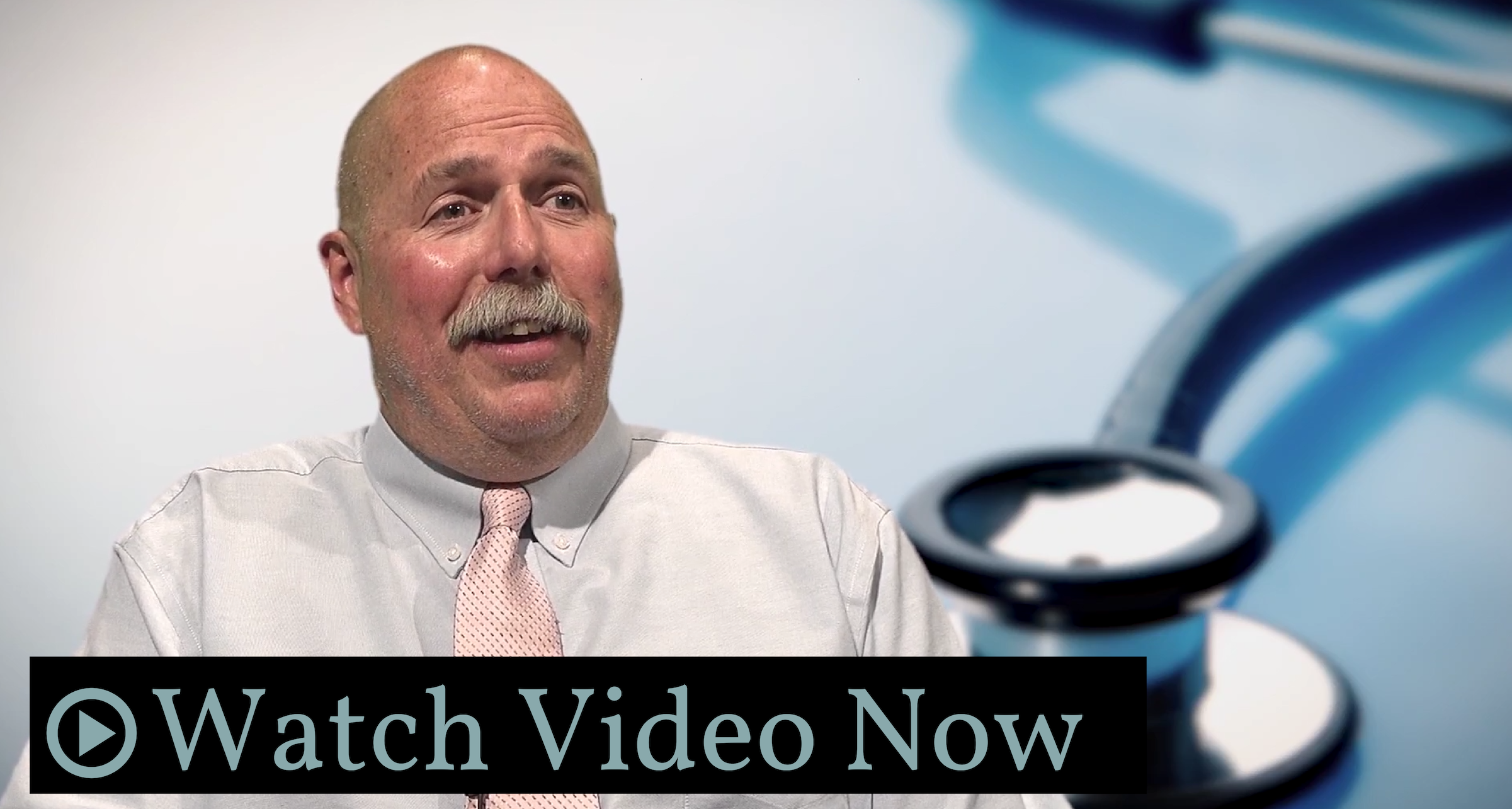For any healthcare professional, a strong understanding of mental health is just as important as any other facet of healthcare. As a doctor of Nursing Practice, a clinical nurse specialist, and a psychiatric-mental health care nurse practitioner, Dr. Vernon R. Kubiak knows this well.
For the university, he is a clinical assistant professor along with being the Associate Director of undergraduate studies in the College of Nursing. In the community, he works at mental wellness centers where he treats patients with mental health disorders.
“Mental health was always my worst area as a nurse. I was actually sort of a bad mental health person. I didn’t really understand what was driving [someone with a mental illness]. So I started studying mental health and tried to improve myself in that area, and then I began to appreciate the fact that mental health is really complicated,” Vernon said.
As a teacher at ISU, the most rewarding part of teaching for Vernon is when a student actually gets it and understands concepts. “All of a sudden you see the fact that a student’s eyes light up and they get what you’re trying to say,” he said.
In the community, the most rewarding part of working in mental health, he said: “It’s really rewarding and satisfying seeing someone at their worst become their best.”
Part of what makes mental health so complicated is the social taboo surrounding mental health. There have been improvements made, but people with an illness are still left at a disadvantage.
Vernon noted that universally, this is caused by two key issues: “Poor resources and a lack of understanding on what it actually takes to treat people with mental health issues.” Idaho especially.
According to Vernon, compared to the rest of the United States, Idaho is falling behind when it comes to dealing with mental health issues. Idaho is a whopping 49th out of 50 for mental health funding and is 7th out of 50 for adolescent/young adult suicides.
So what can be done to improve?
Vernon suggests that resources need to become more readily available, similar to what Crisis Centers, such as the one in Idaho Falls, offers. Crisis Centers can help people suffering from mental illness who might do something irrational avoid being incarcerated. “[Crisis Centers] can treat those minor crises before they become a full-blown crisis,” Vernon said.
He also encourages people to learn how to recognize mental health issues in others, including family and friends, and to help direct those people towards appropriate resources.
Idaho State University has several resources for students that Vernon encourages students to utilize. Plus, they’re free. “Use those resources. You’re paying for it, use it,” he urged.
ISU’s Pocatello Counseling Clinic is on the 7th floor of Garrison Hall. Pocatello has been approved by the state to get a new behavioral health community crisis center soon. A possible location is near Pocatello City Hall.
For additional information on CEWT’s mental health classes, please visit cetrain.isu.edu or call us at (208) 282-3372.

-1.png)

